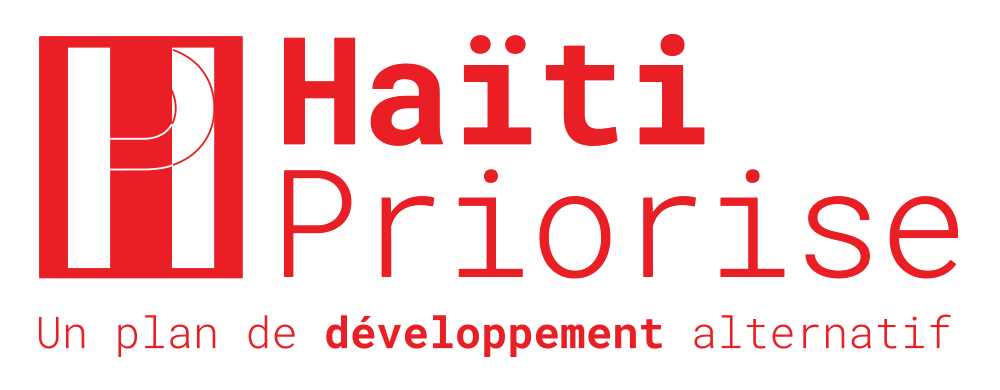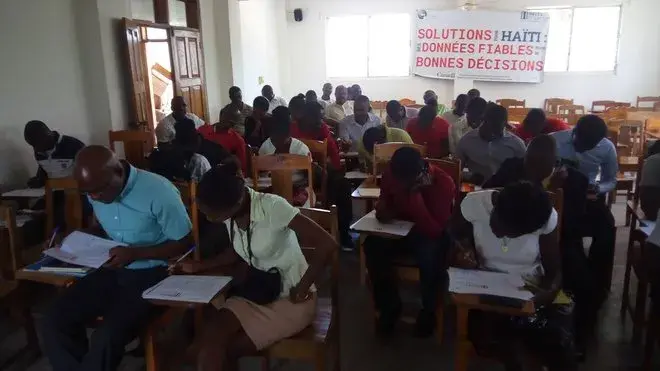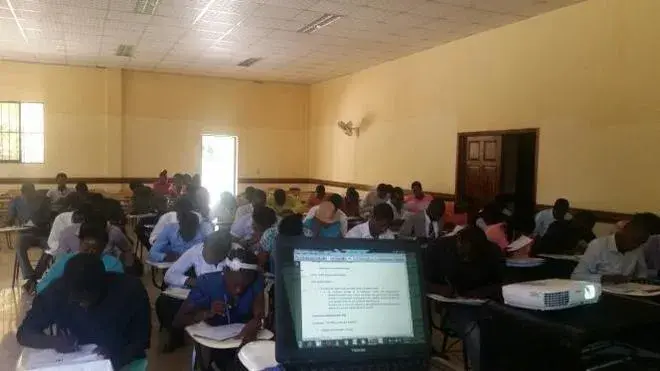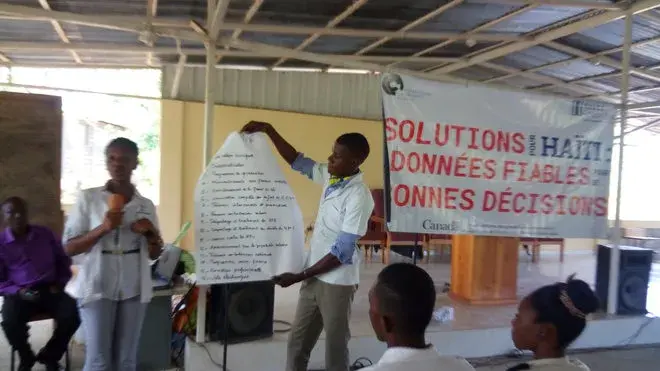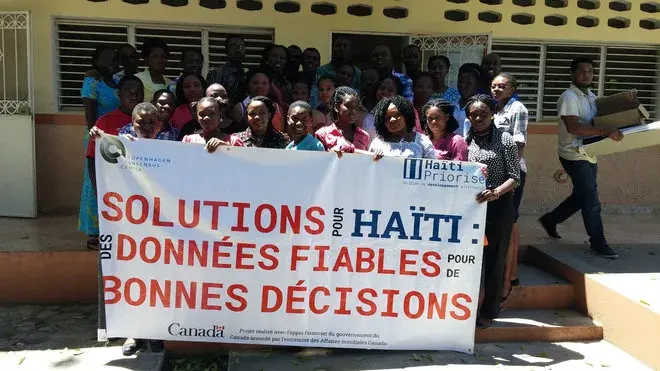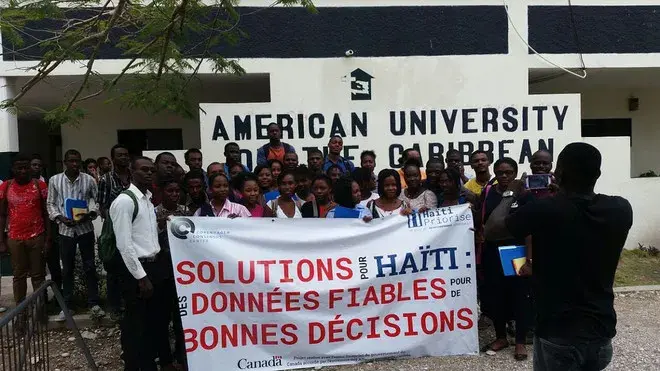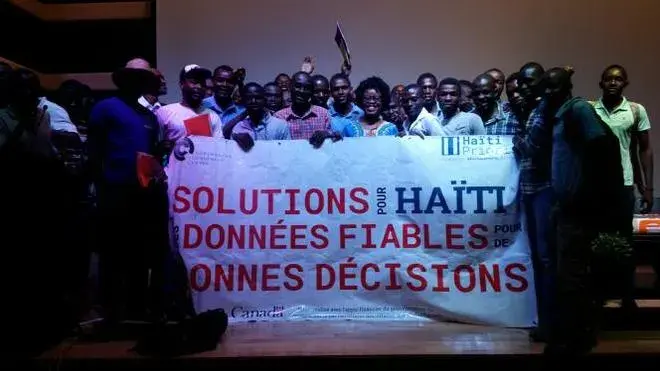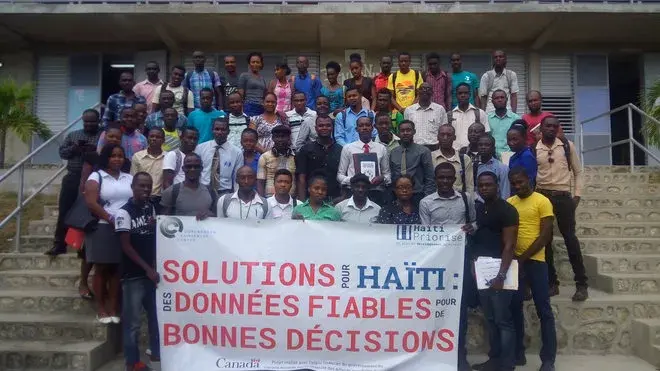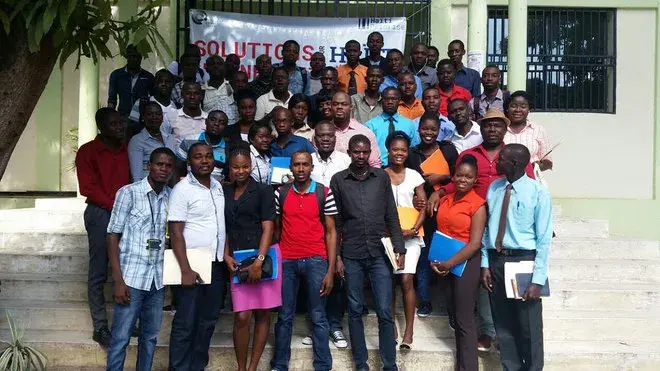Haiti's Youth - 10 Crucial Priorities
In May 2017, we invited 9 youth leaders from around the country to deliberate and provide their input to the Eminent Panel including Nobel Laureate Vernon Smith and prominent Haitian economists: Kesner Pharel, Ketleen Florestal, and Raymond Magloire on what Haiti's Top Priorities should be.
Earlier this year, we held 9 regional youth forums, in partnership with leading universities and youth organizations, and met with 500+ youth leaders from around the country. Of those, 9 were invited to come to Port-au-Prince to kick off our research conference and provide their input on what Haiti's top priorities should be.
These 9 youth leaders come from pretty different backgrounds. Among them, we have a law student, a biology major, a teacher, and a TV personality. And, as you can imagine, challenges they face at home vary, too, based on where they’re from.
Evodie Jeune, a law student from Jeremie, describes the personal devastation that she and her family experienced by and after Hurricane Matthew. In the youth forum in Grande Anse, she describes the growing number of people with PTSD and how many women and children are still homeless and displaced several months later.
What Evodie describes is quite different than what folks in another part of Haiti would describe as an urgent issue. Some issues are more prevalent such as poor access to education and health services, especially in rural areas.
Despite the diversity, these youth leaders share a common vision of a Haiti that is richer, healthier and more productive.
Haiti Priorise has looked at over 80 solutions, across a number of sectors. Some of the solutions are really good investments, like wheat flour fortification to save lives and avoid anemia, or early childhood stimulation which has wide-spanning benefits that follow the children the rest of their lives. Others, such as imposing a tariff on imported rice and HPV vaccines, have costs that outweigh the benefits, making them bad investments.
The youth accounts for over half of Haiti’s population, but is usually absent from discussions about the country’s future. Haïti Priorise, using the analysis provided by economist researchers, from Haiti and abroad, traveled throughout the country to get young people to participate in debates and discussions about the best solutions to the most pressing problems affecting different regions throughout Haiti.
With engaged learning and new research, they will be able to identify the most promising solutions to improve the lives of those in their region and throughout the country, --essentially identifying more ways to make smarter investments that lead to a richer Haiti and a healthier population.

